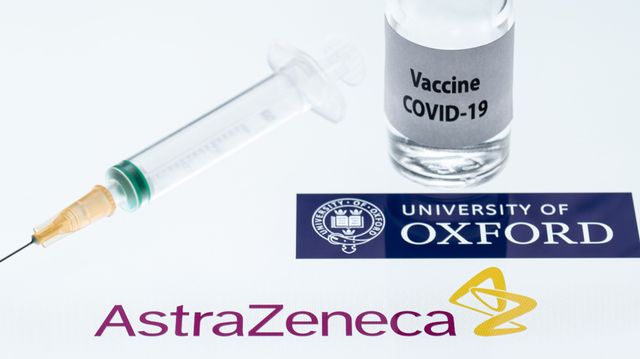By Caribbean News Global contributor
PORT OF SPAIN, Trinidad – The Caribbean Public Health Agency (CARPHA) has followed-up an update to the region on COVID-19 vaccines and variants with a statement on the Brazil Variant (P.1).
CARPHA’s March 13 statement on the Brazil Variant (P.1) says that, given the nature of the virus (SARS-CoV-2) that causes COVID-19, variants are likely to emerge and several have emerged all over the world. And that, variants are a natural part of viral infection and replication.
“In this regard, the emergence of SARS-CoV-2 variants that cause COVID-19, such as Brazil, UK and South African variants, is normal and expected. Some variants have been reported to be more virulent and transmissible,” the statement explained. “With regard to the Brazil variant (P.1), a recent study conducted by AstraZeneca suggests that the vaccine will work against the P.1 variant from Brazil. The Brazilian regulatory authorities have assessed it and are so far satisfied by the results. So much so, that the Brazilian government has since approved the AstraZeneca vaccine for use in its population where the P.1 variant is widespread and has ordered more than 200 million doses of AstraZeneca.”
CARPHA says it is awaiting the publication of the full study by AstraZeneca to provide more complete information on the degree of efficacy. While, researchers are also working to learn more about the ease of spread and transmission of the variants, whether they could cause more severe illness, and whether currently authorised vaccines will fully protect us against them.
CARPHA also said that it continues to monitor current research on vaccines, variants and the modifications being made to current vaccines and their effectiveness as a consequence of the variants.
“We are also diligently working with The University of the West Indies, St Augustine on genome sequencing and we are monitoring the variants in the region. There was a concern about the P.1 variant being detected in one country. However, the situation was contained, and the individual was not allowed to leave the vessel,” CARPHA said in the statement Saturday, March 13.
CARPHA also reported the detection of a variant in the Caribbean that is related to the P.1 variant, but not quite the same. This new variant may carry changes which will require additional research to determine their effects on transmissibility and efficacy of vaccines.
“We are assured by the scientific research of the results of reduced disease in countries which have vaccinated large percentages of their populations,” and “encourages the population of our region to be vaccinated,” CARPHA said.
The UK has also reported that: “ The individual in Bradford tested positive for coronavirus (COVID-19) in late February after travelling back from Brazil via Paris on February 14, 2021. Subsequent genomic sequencing confirmed the case as the P.1 variant. Contact tracing teams have followed up close contacts of the individual and advised them to isolate and get a test.
The latest cases bring the total number of P.1 variant cases in the UK to 10 – 7 in England and three in Scotland, all of which have links to travel or to a previously confirmed case that has travelled to Brazil.”





